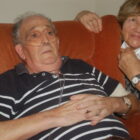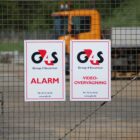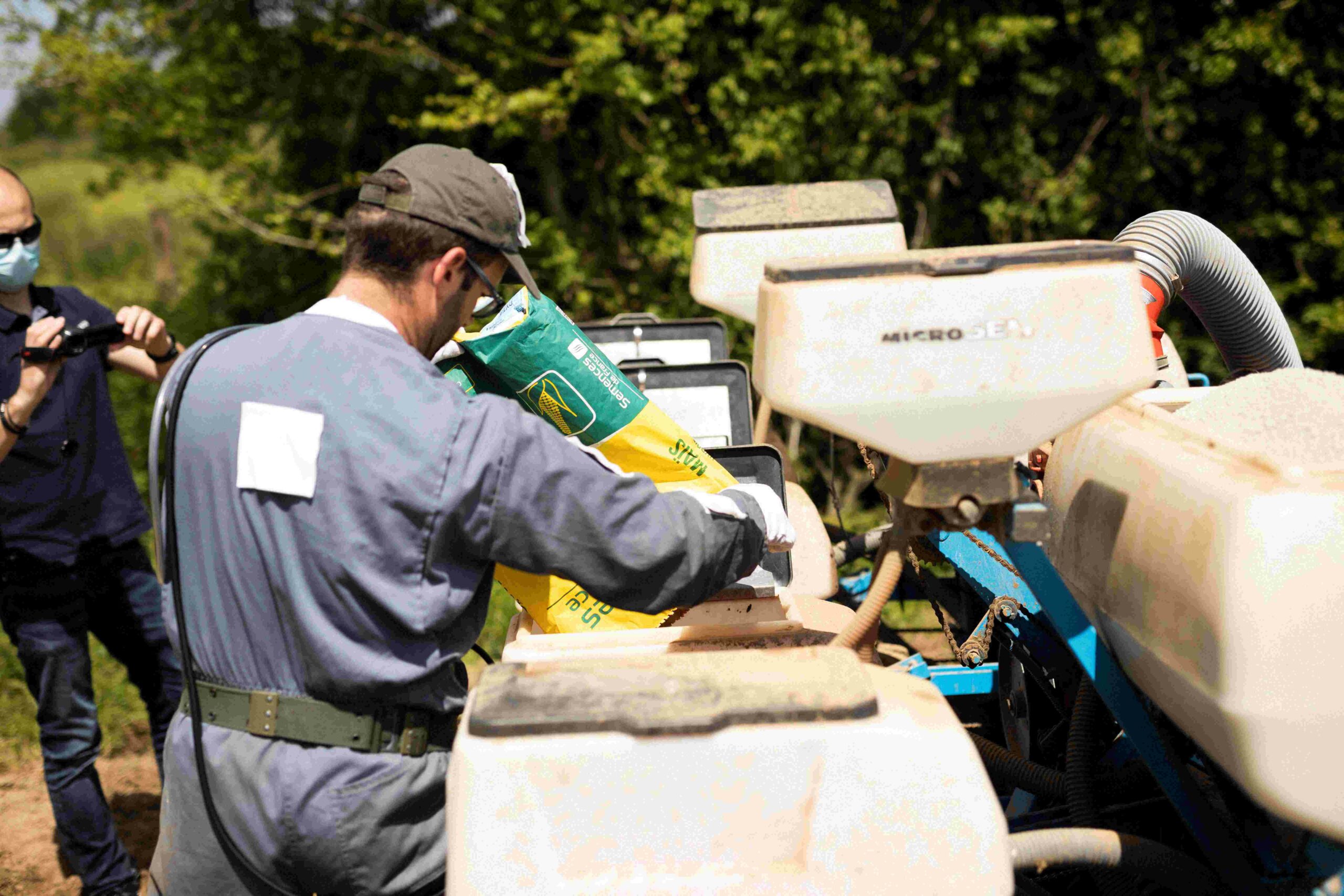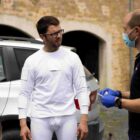Investigations
Team-members in investigation in asbestos in the environment
|
Edoardo Anziano (1999) is a freelance journalist and investigative reporter for IrpiMedia and Scomodo, the biggest under-25 Italian newspaper. He graduated in Philosophy at the University of Bologna. He’s now pursuing his MA in Journalism, Media and Globalisation at Aarhus University, Denmark and University of Amsterdam. He is registered as a professional journalist in Italy.
Jenni Elisabeth Christensen is an editor at the Danish regional media TV2 Nord which covers the northern part of Jutland. She is responsible for the daily news planning and production, and for the cooperation with TV2 Denmark.



